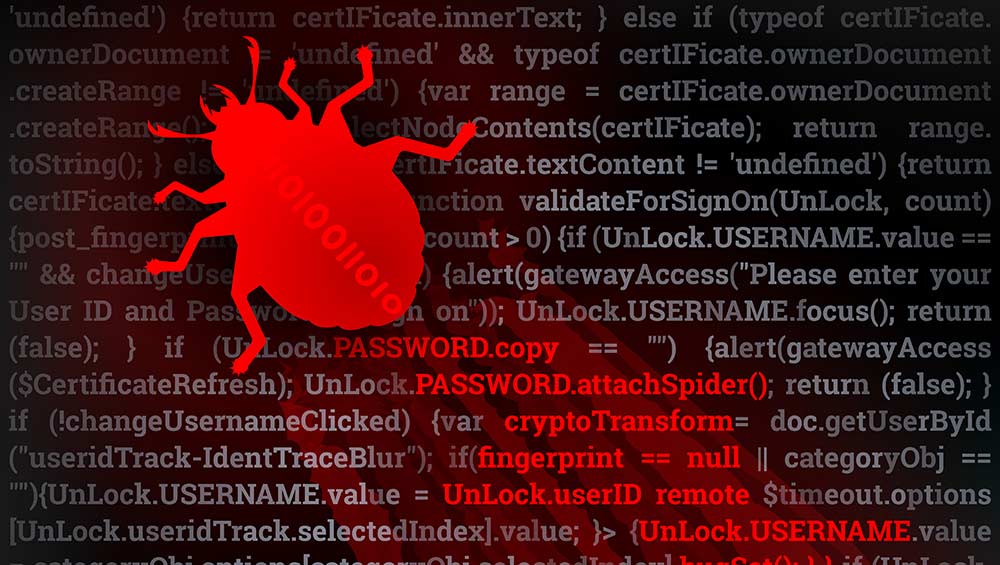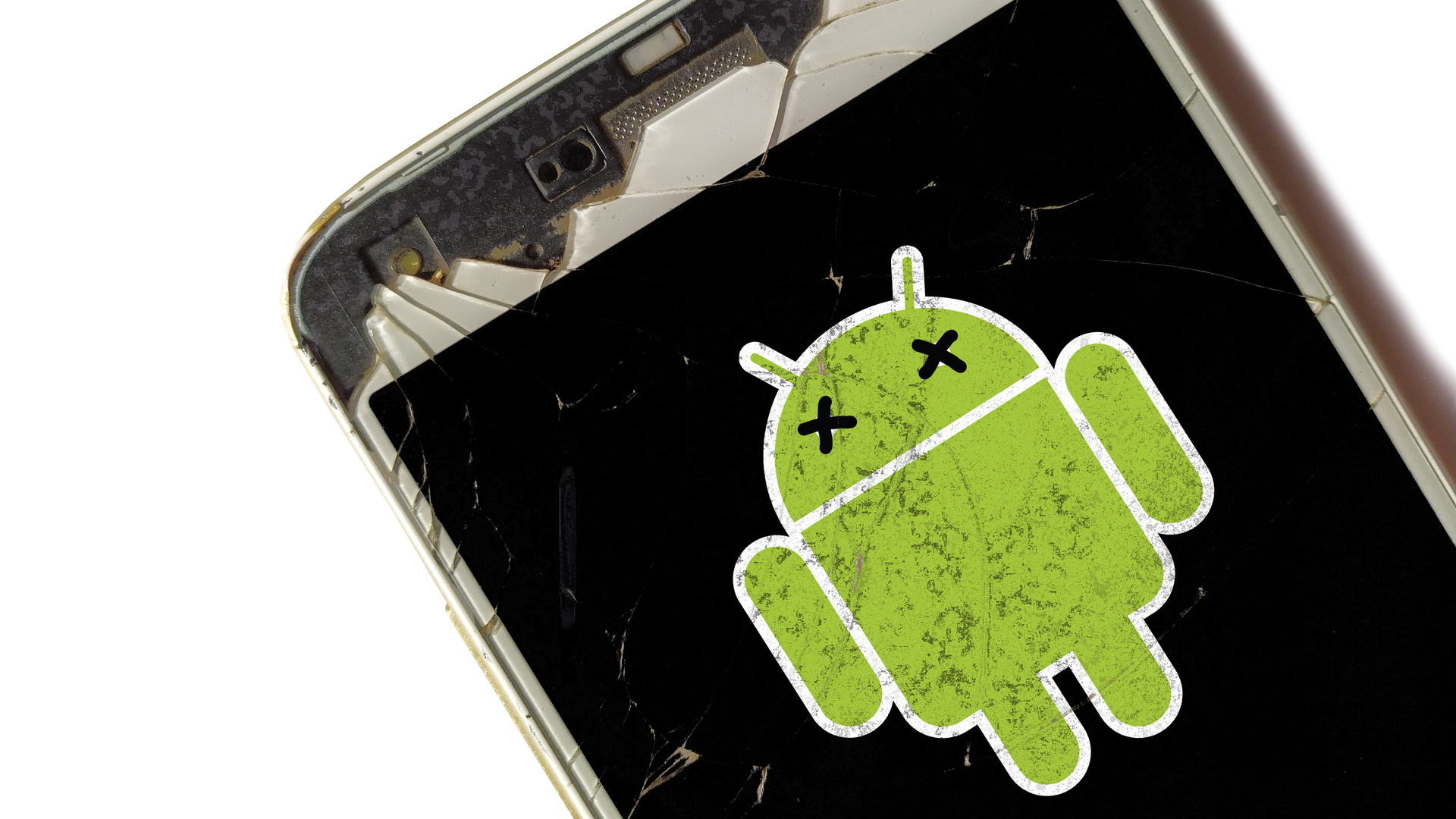Threat groups relying on trojanized apps to spread surveillanceware
Apurva Kumar shows how Monokle is spreading its surveillanceware

Sign up today and you will receive a free copy of our Future Focus 2025 report - the leading guidance on AI, cybersecurity and other IT challenges as per 700+ senior executives
You are now subscribed
Your newsletter sign-up was successful
Threat groups are increasingly relying on trojanized apps posing as legitimate versions. Instead of getting the app you’re looking for, your device gets a dose of surveillanceware. In an interview with Threatpost, Apurva Kumar, a security intelligence engineer at Lookout, shared how surveillanceware group Monokle is already employing this tactic.
Kumar first spoke about Monokle at this year’s RSA Conference. During the session, he gave attendees an inside look at the highly targeted Monokle surveillanceware and tied it to nation-states.
Kumar explained in the Threatpost interview, “We found after quite a bit of investigation, and after looking at Monokle for a couple of times, we found that the developer of Monokle is almost certainly a Russian defense contractor by the name of Special Technology Center or STC. And this developer appears to have a very good or very advanced Android development pipeline, they are most likely producing a number of different applications, Android apps, both on the defensive side and the offensive side. So they produce some defensive security solutions that are like basically an antivirus, as well, as a surveillanceware which we found called Monokle.”
Kumar continued, detailing how Monokle distributes its surveillanceware. By mimicking well-known applications, such as Skype or Signal, Monokle convinces users to trust the trojanized app enough to install it. Once installed, Monokle distributes malware across the unsuspecting users’ devices.
While it’s concerning that threat groups are using booby-trapped versions of popular apps to distribute surveillanceware, Kumar noted, “Threats are starting to move away from [the] simple installation of applications and starting to move more onto the device and device exploitation side. So definitely, as always, there will always be an increase in sophistication and complexity of these actors as they try to find new and novel ways of getting onto their targets’ device.”
Sign up today and you will receive a free copy of our Future Focus 2025 report - the leading guidance on AI, cybersecurity and other IT challenges as per 700+ senior executives
-
 CronRat Magecart malware uses 31st February date to remain undetected
CronRat Magecart malware uses 31st February date to remain undetectedNews The malware allows for server-side payment skimming that bypasses browser security
-
 Mekotio trojan continues to spread despite its operators’ arrests
Mekotio trojan continues to spread despite its operators’ arrestsNews Hackers have used it in 100 more attacks since arrests
-
 “Trojan Source” hides flaws in source code from humans
“Trojan Source” hides flaws in source code from humansNews Organizations urged to take action to combat the new threat that could result in SolarWinds-style attacks
-
 What is Emotet?
What is Emotet?In-depth A deep dive into one of the most infamous and prolific strains of malware
-
 Fake AnyDesk Google ads deliver malware
Fake AnyDesk Google ads deliver malwareNews Malware pushed through Google search results
-
 Hackers use open source Microsoft dev platform to deliver trojans
Hackers use open source Microsoft dev platform to deliver trojansNews Microsoft's Build Engine is being used to deploy Remcos password-stealing malware
-
 Android users told to be on high alert after Cerberus banking Trojan leaks to the dark web
Android users told to be on high alert after Cerberus banking Trojan leaks to the dark webNews The source code for the authenticator-breaking malware is available for free on underground forums
-
 Qbot malware surges into the top-ten most common business threats
Qbot malware surges into the top-ten most common business threatsNews An evolved form of the banking Trojan was distributed by number one-ranking Emotet in a campaign that hit 5% of businesses globally

